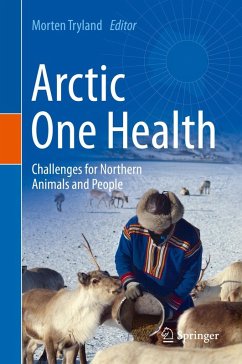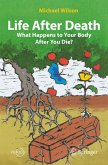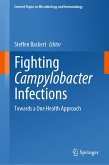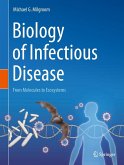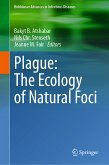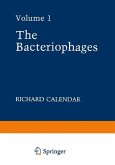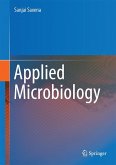This multidisciplinary book discusses the manifold challenges arctic marine and terrestrial wildlife, ecosystems and people face these times. Major health threats caused by the consequences of climate change, environmental pollution and increasing tourism in northern regions around the globe are explored. The most common infectious diseases in wild and domesticated arctic animals are reviewed and the impact they could have on circumpolar ecosystems as well as on the lives of arctic people are profoundly discussed. Moreover, the book reviews arctic hunting, herding and food conservation strategies and introduces veterinary medicine in remote indigenous communities.
"Arctic One Health" is authored by experts based in arctic regions spanning from North America over Europe to Asia to cover a broad range of topics and perspectives. The book addresses researchers in Veterinary Medicine, Ecology, Microbiology and Anthropology. The book contributes towards achieving the UN Sustainable Developmental Goals, in particular SDG 15, Life on Land.
Dieser Download kann aus rechtlichen Gründen nur mit Rechnungsadresse in A, B, BG, CY, CZ, D, DK, EW, E, FIN, F, GR, HR, H, IRL, I, LT, L, LR, M, NL, PL, P, R, S, SLO, SK ausgeliefert werden.
"The entire book is worthy of being read from start to finish, and readers from all backgrounds will find a renewed interest in this engaging and important topic. ... Arctic One Health provides a thorough examination of the major environmental challenges, wildlife diseases ... . Wildlife managers, researchers, and veterinarians will find this book to be a solid example of the field and will be pleased with the expertise provided on the One Health issues that the Arctic region faces." (Alexandra C. Jerao, Journal of Wildlife Diseases, October 30, 2024)
Es gelten unsere Allgemeinen Geschäftsbedingungen: www.buecher.de/agb
Impressum
www.buecher.de ist ein Internetauftritt der buecher.de internetstores GmbH
Geschäftsführung: Monica Sawhney | Roland Kölbl | Günter Hilger
Sitz der Gesellschaft: Batheyer Straße 115 - 117, 58099 Hagen
Postanschrift: Bürgermeister-Wegele-Str. 12, 86167 Augsburg
Amtsgericht Hagen HRB 13257
Steuernummer: 321/5800/1497
USt-IdNr: DE450055826
Bitte wählen Sie Ihr Anliegen aus.
Rechnungen
Retourenschein anfordern
Bestellstatus
Storno

